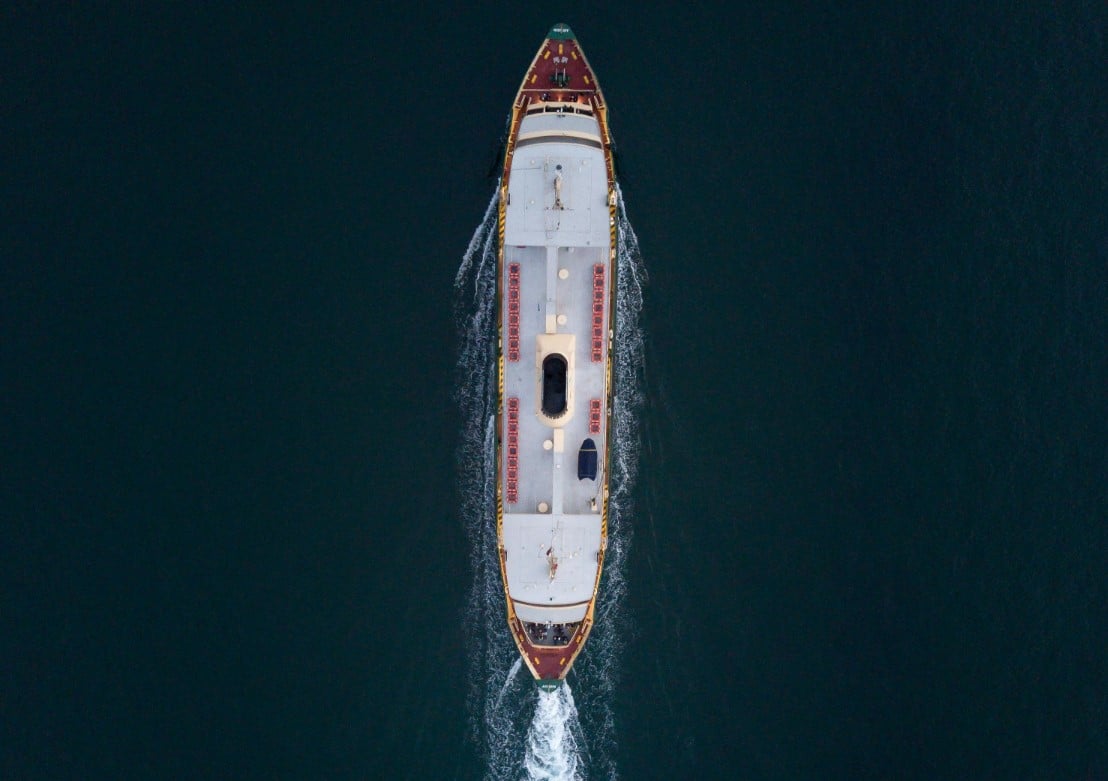Greece Reinforces Shipping Dominance with Fleet Expansion

Greece has solidified its position as a leader in global shipping, with over 650 vessels currently under construction across various fleet segments, according to a recent report by Xclusiv Shipbrokers. This surge in new builds reflects a strategic shift towards fleet renewal and technological modernization, emphasizing green propulsion and energy efficiency. As Greece navigates the energy transition, its maritime policy is set to ensure continued leadership in the shipping industry.
Greek Fleet Expansion and Technological Advancements
Greek shipowners are at the forefront of a significant fleet expansion, with 156 dry bulk carriers under construction, representing 11.5% of the global orderbook. The focus is primarily on Kamsarmax and Panamax types, which account for approximately 62% of new orders in this sector. In the tanker segment, Greek owners are even more active, with 285 ships being built, nearly a quarter of all tankers currently under construction worldwide. This trend highlights a preference for Suezmax and Aframax/LR2 categories, which are designed for flexibility and energy efficiency, accommodating alternative fuels.
Containerships also play a crucial role in Greece’s maritime strategy, with 111 vessels on order, making up about 10% of the global total. Most of these are Neo-Panamax ships, tailored for high-capacity international routes. In the gas carrier market, Greece maintains a strong presence, with 55 LNG vessels representing 17% of the global orderbook and an additional 44 LPG ships accounting for 14%. Collectively, Greek shipowners now control 17.8% of all new ships being constructed globally, underscoring their leadership in both scale and technological innovation as the industry shifts towards cleaner operations.
Cyprus Emerges as a Maritime Hub
While Greece leads in new ship construction, Cyprus is strengthening its position as a key maritime center and ship management powerhouse. Recent data indicates that Cyprus has over 415 vessels under beneficial ownership, a number that has steadily increased over the past decade. The Cyprus Ship Registry has expanded by approximately 20% in gross tonnage over the last two years, reaching its highest level in two decades. In early 2024 alone, more than 170 vessels exceeding four million gross tons were added to the flag.
The ship management sector in Cyprus has also seen remarkable growth, with revenues reaching €918 million in the second half of 2024, equivalent to 5.3% of the GDP, and climbing to €978 million in the first half of 2025. This growth highlights Cyprus’ increasing importance as a hub for technical, crew, and commercial management within the European Union, attracting fleets from Europe, Asia, and the Middle East. Today, Cyprus ranks among the world’s top ten flag states, with approximately 24.4 million gross tons registered, much of it comprising Greek-owned and internationally managed fleets that have chosen Limassol as their operational base.
Despite Cyprus’ smaller share of the global orderbook compared to Greece, its strengths lie in legal stability, a favorable tonnage-tax regime, and a reputation for transparency within the EU. The island has consistently maintained its place on the Paris and Tokyo MoU White Lists, which are benchmarks of flag credibility and operational safety. Cyprus is now recognized as Europe’s largest ship management center, hosting around sixty specialized companies and employing over 40,000 seafarers through local firms.
Several Cyprus-based shipowners are also becoming increasingly active in fleet renewal. Lemissoler Navigation has ordered four methanol dual-fuel Ultramax bulkers, marking a significant development in the vessel class. Safe Bulkers, the largest shipowner in the Cyprus registry, operates 45 bulk carriers with six newbuildings on order, aligning with IMO emissions targets. Meanwhile, Eureka Shipping has expanded its specialized industrial fleet with a new cement carrier order in Europe.
Stena Line reinforces the Irish Sea management to drive growth in the region
The fuel-transition narrative is gaining traction in Cyprus as well. Columbia Group anticipates that by the end of 2025, dual-fuel ships will constitute half of all global newbuild orders, with LNG propulsion accounting for 70%. This projection aligns with the management portfolios handled by Cypriot-based technical teams, further solidifying Cyprus’ role in the evolving maritime landscape.
